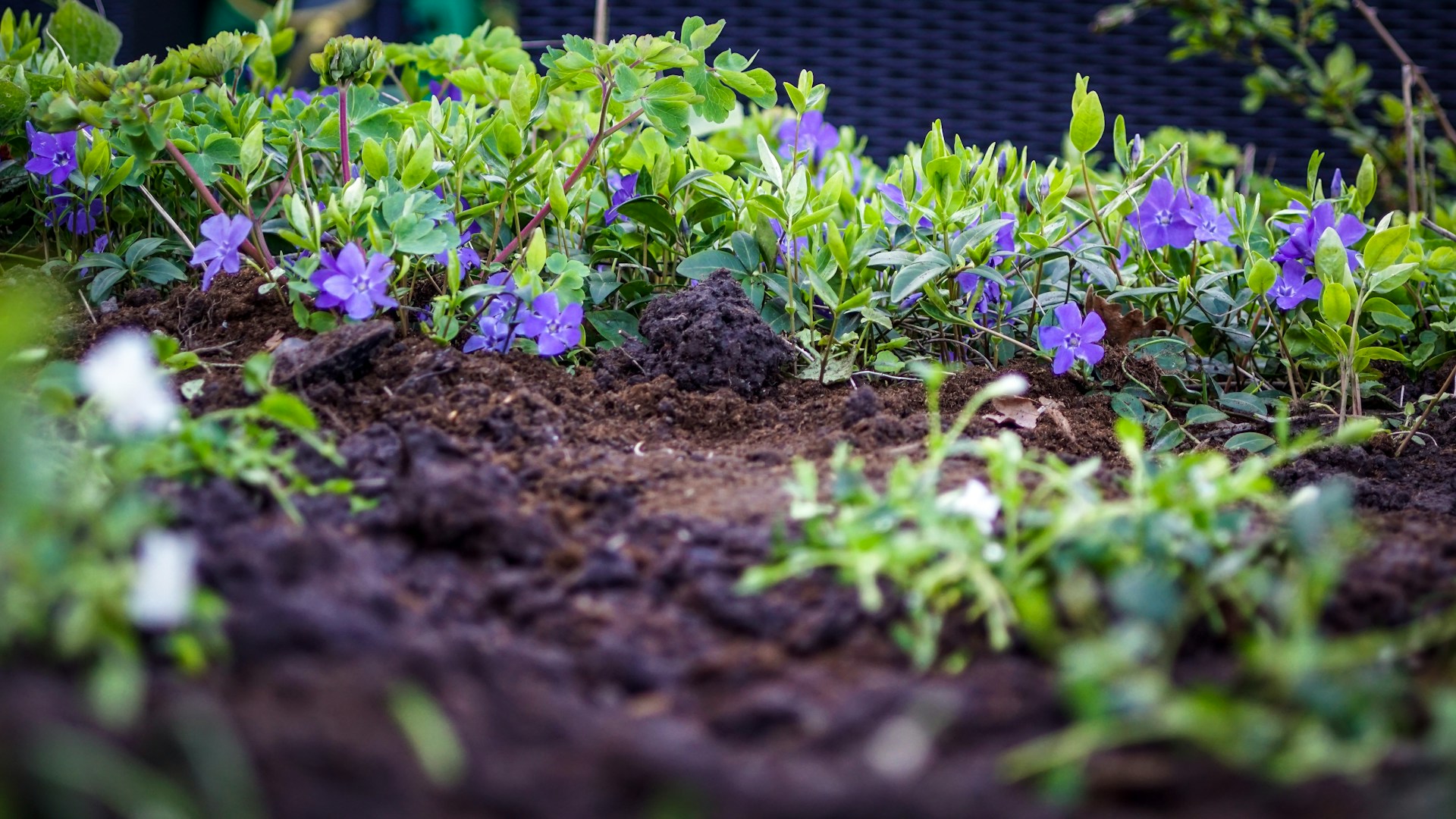If you’ve ever faced the disappointment of plants wilting away regardless of how much care and attention you put into them, you’ve probably been missing out on a crucial aspect of gardening: soil amendment. So, you’re in the right place! This comprehensive guide aims to unravel the mysteries of soil amendments and how they can transform your garden and landscapes in Kenner.
Soil amendments are not one-size-fits-all. Different plants, varying climates, and diverse soil types all call for a unique approach. This guide will empower you with the knowledge to make informed decisions about your soil amendments, providing your plants with the best possible nourishment.
In the world of gardening, soil amendments are the unsung heroes. They not only enrich the soil with essential nutrients but also improve the soil structure, enhancing its ability to hold water and support plant growth. From organic matter like compost and manure to specific mineral supplements, there’s a whole spectrum of soil amendments out there.
Soil Amendment Benefits
Incorporating soil amendments into your Kenner garden and landscape offers a host of advantages for the health and prosperity of your outdoor space. These benefits include:
1. Improved Aeration: Soil amendments can help loosen compacted soil, allowing for better airflow and root penetration, leading to healthier plant growth.
2. Enhanced Moisture Retention: Certain soil amendments can improve water retention, ensuring that your plants receive the hydration they need to thrive.
3. Nutrient Enrichment: Soil amendments can deliver essential nutrients to your soil, promoting robust and vibrant plant growth.
4. pH Adjustment: Some amendments can help balance your soil’s pH, ensuring optimal nutrient absorption for your plants.
Types of Soil Amendments
There is a wide array of soil amendment options available to enhance your Kenner garden and landscape. Discover some of the most popular types and their unique benefits:
1. Organic Matter: Enriching your soil with organic matter, such as compost or well-rotted manure, provides valuable nutrients, improves soil structure, and can enhance water retention and aeration.
2. Topsoil: A high-quality topsoil is essential for establishing a strong foundation for your plants. It can provide vital nutrients and create a healthy growing medium for your garden and landscape.
3. Sand: Adding sand to your soil helps improve drainage and aeration, particularly in heavy clay soils. Be cautious not to over-apply, as too much sand can cause compaction issues.
4. Peat Moss: Peat moss is an excellent soil conditioner that can improve nutrient and water retention in sandy soils while also providing an ideal environment for beneficial microorganisms.
5. Lime: Lime can be used to raise the pH of acidic soils, making essential nutrients more readily available to your plants.
6. Gypsum: Gypsum can be applied to clay soils to improve soil structure and drainage, as well as provide necessary calcium.
Soil Testing & Recommendations
Before applying soil amendments, it’s crucial to conduct a soil test to determine your garden and landscape’s specific needs. A soil test is an invaluable resource that provides vital information about your soil’s nutrient content, pH levels, and organic matter. By analyzing your soil, you can make informed decisions about the appropriate amendments to achieve the desired results.
Many universities and extension services offer soil testing services, including detailed analysis and amendment recommendations tailored to your soil and intended plants.
Application Techniques
Appropriate application techniques are essential for maximizing soil amendments’ effectiveness and ensuring that your garden and landscape reap their benefits. Consider the following guidelines when applying soil amendments:
1. Cultivate Properly: Thoroughly mix soil amendments into the top 6 to 12 inches of soil to promote effective integration. Use a tiller, garden fork, or spade, depending on the size of your garden.
2. Calculate Quantity: The amount of amendment needed will depend on your soil’s existing conditions, the type of amendment, and the specific plants you are growing. Consult soil test recommendations and product labels for guidance.
3. Layer Correctly: When adding multiple amendments, apply them in the proper order and mix them well. For example, spread a layer of compost and then a layer of sand, followed by thoroughly blending the layers.
4. Time Wisely: Apply amendments at the right time of year to ensure optimal results. For instance, consider applying compost or organic matter in the fall, giving it time to decompose before spring planting.
Tips and Tricks
Maximize the effectiveness of your soil amendment efforts by considering the following expert tips and tricks:
1. Know Your Plants: Tailor your soil amendment choices based on your plants’ specific preferences and needs. Research the ideal growing conditions for the plants you intend to cultivate.
2. Start Small: If you are new to soil amendments, begin with a small test plot to monitor the effectiveness of different amendments in your Kenner garden.
3. Be Patient: Soil improvement is an ongoing process, requiring continual maintenance and monitoring to ensure long-term success.
Invest in Soil Health for a Flourishing Kenner Garden and Landscape
So, let’s keep our green thumbs up, our minds open, and our gardens ready for the magic that soil amendments can bring. Remember, nurturing the soil is just as important as nurturing the plants, and with the right soil amendments, we’re one step closer to healthier, more productive gardens and landscapes in Kenner.
For expert advice and a diverse selection of soil amendments and related products, contact Reliable Soil Co. Inc. today. Our knowledgeable team is committed to helping you cultivate a successful and beautiful garden and landscape using the best available gardening and landscaping materials.

